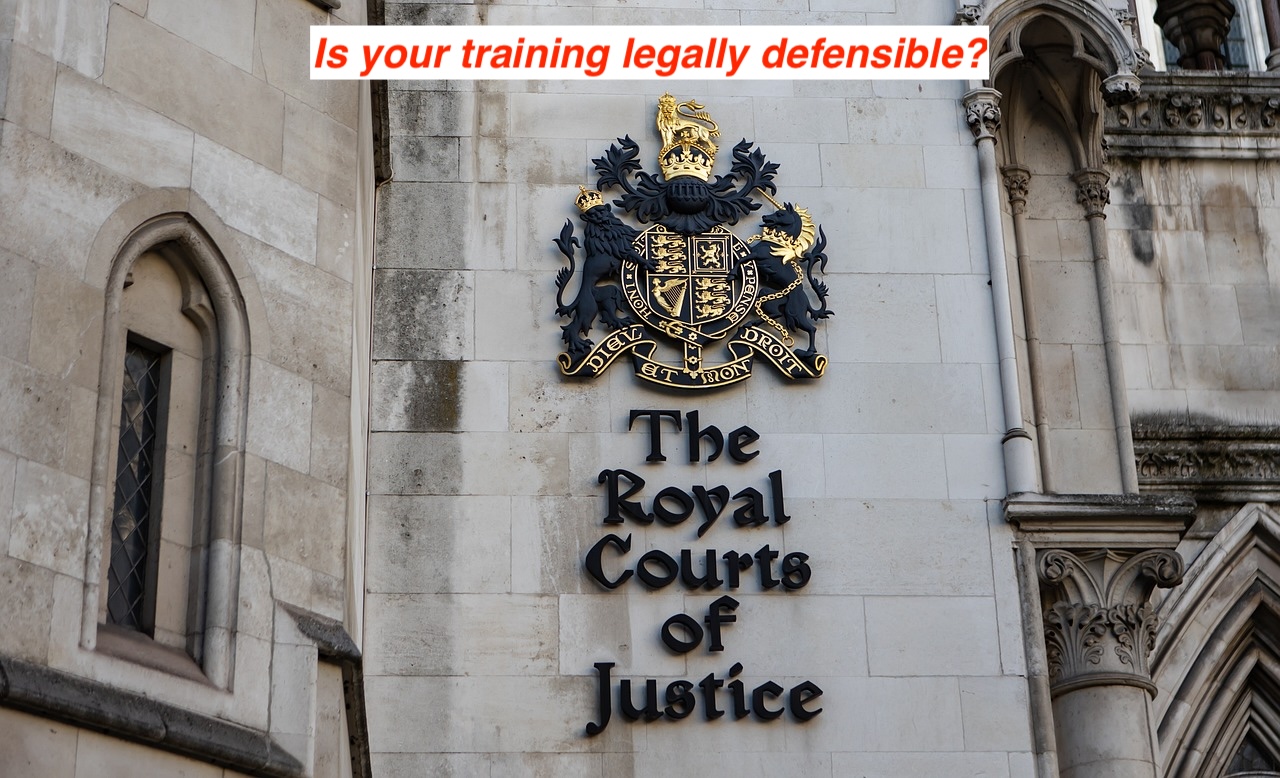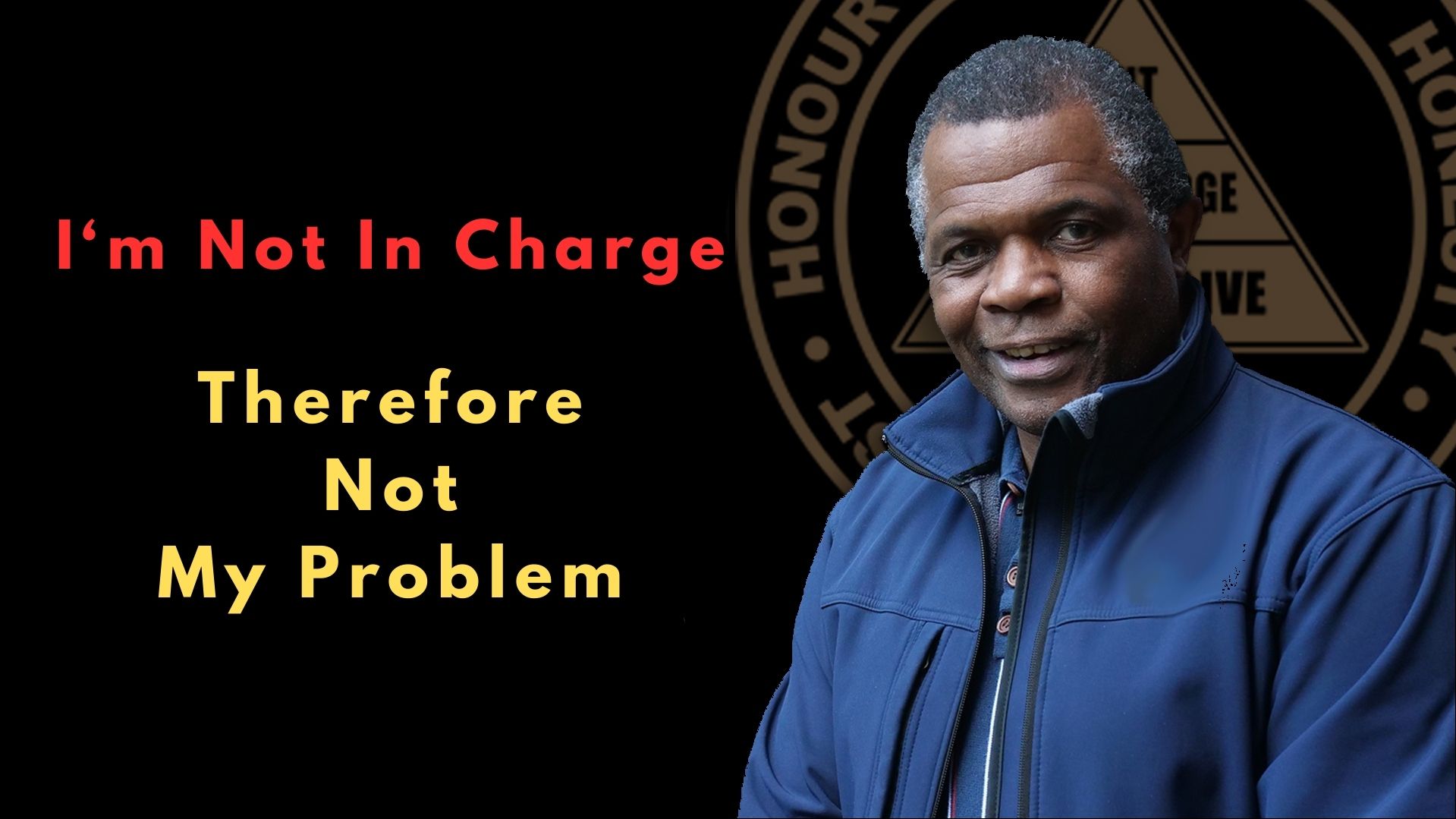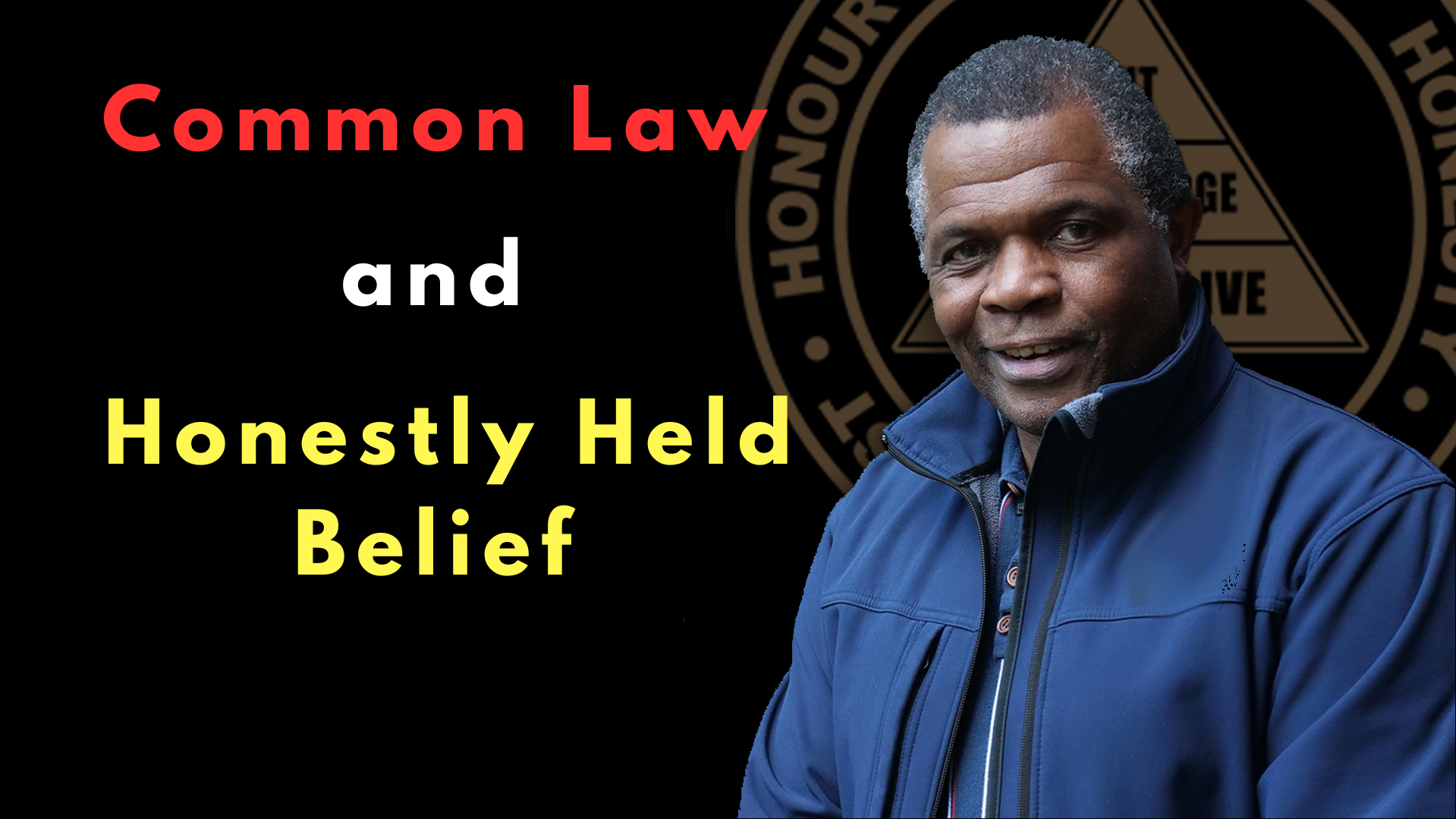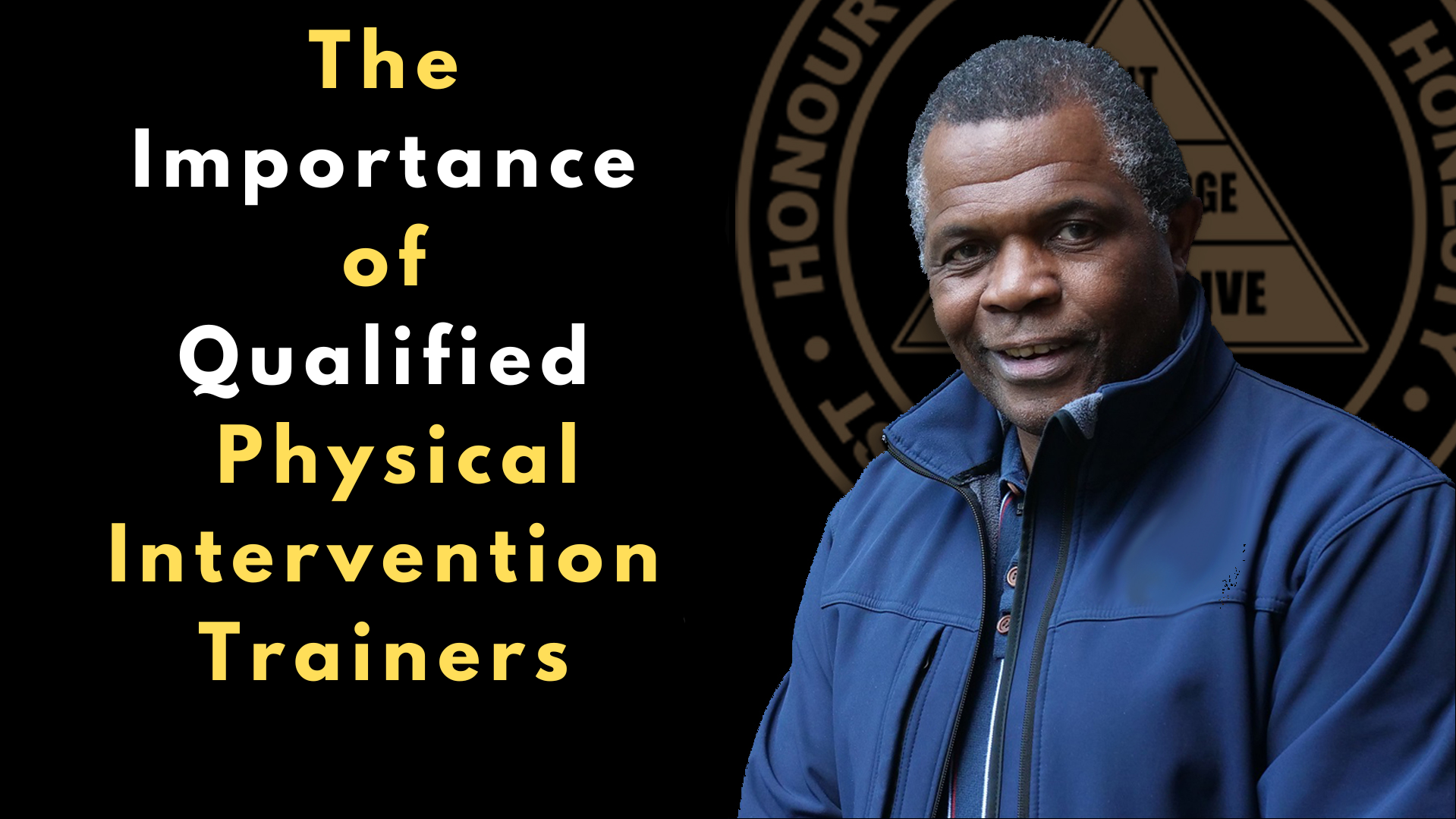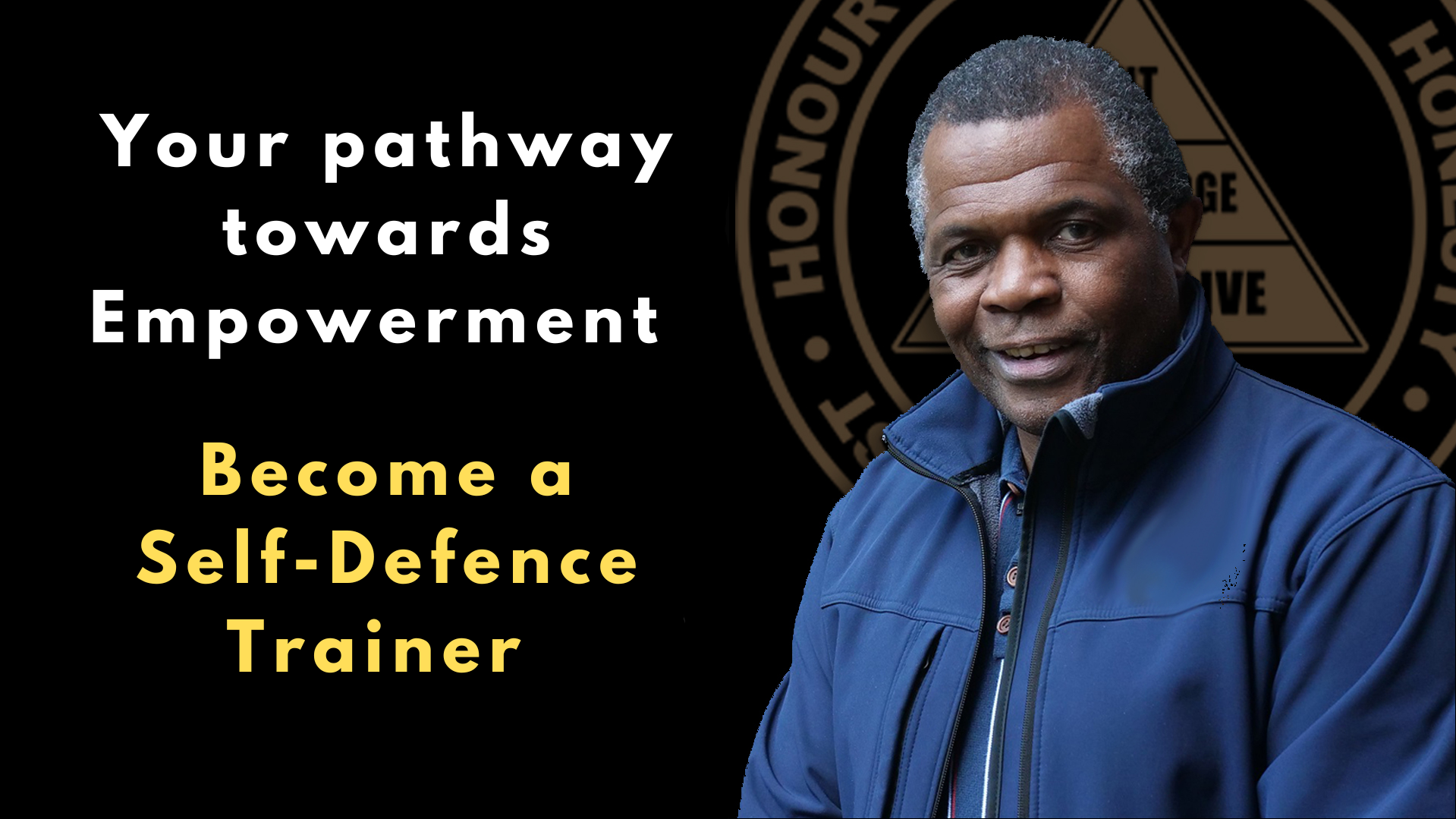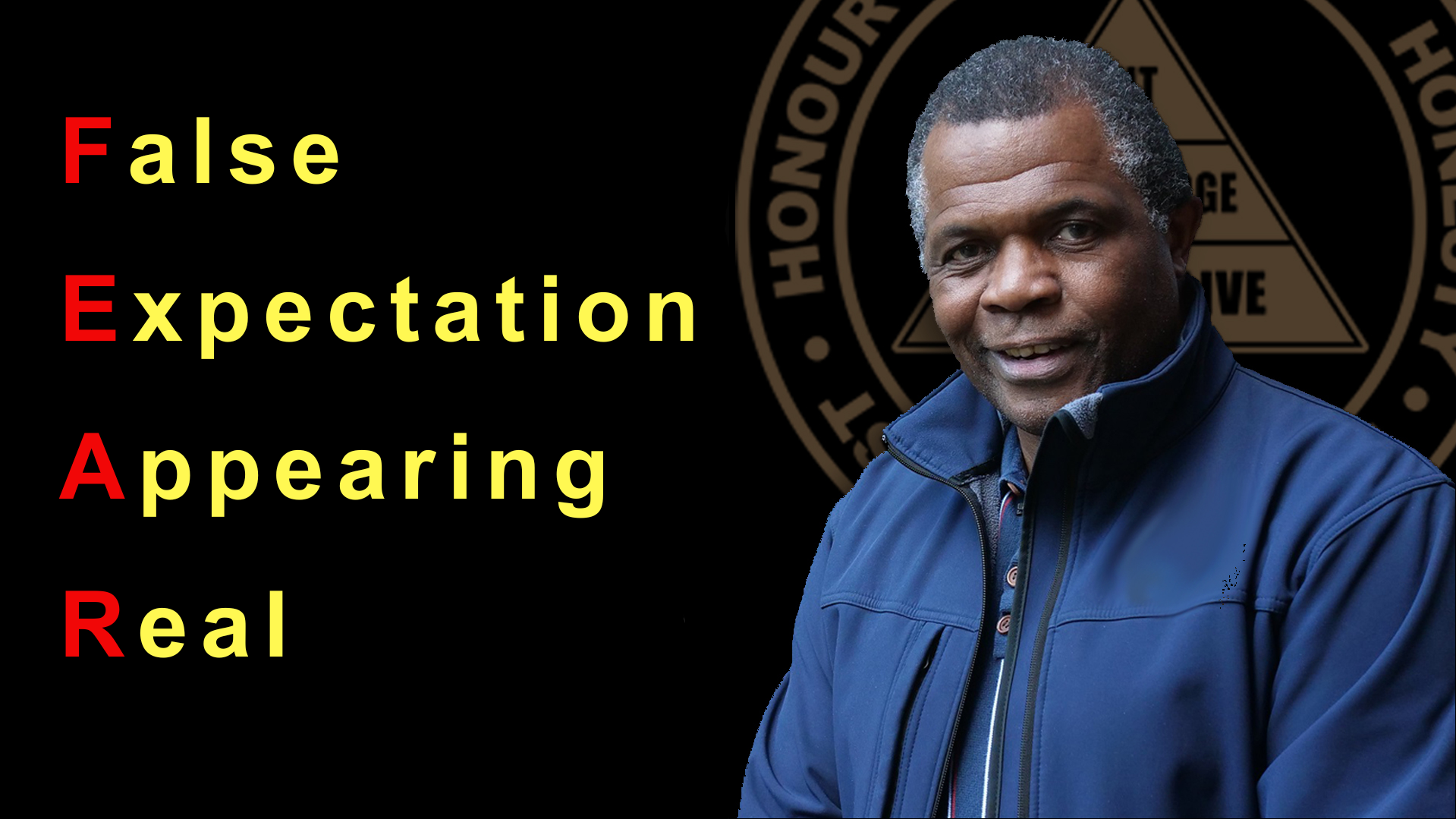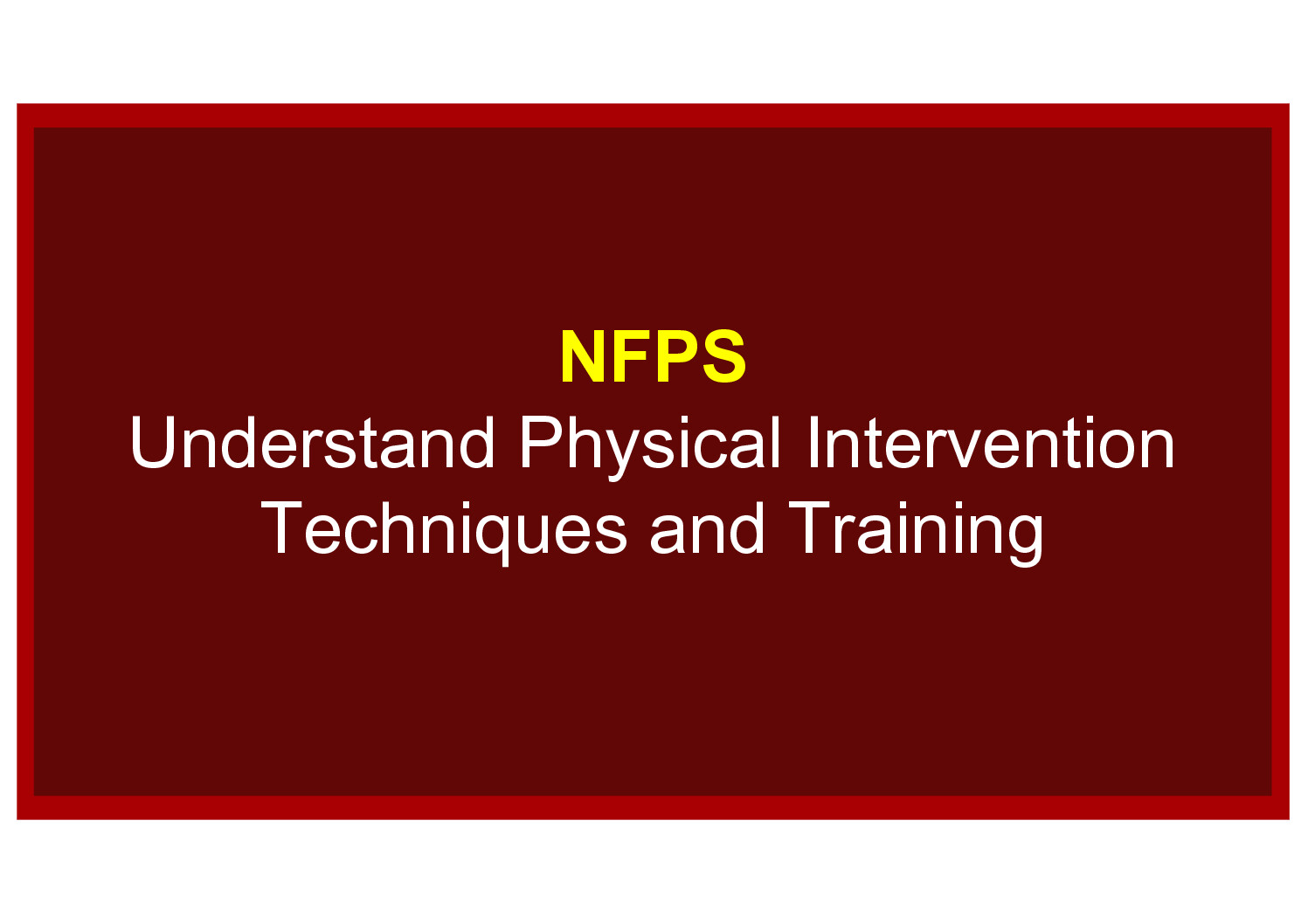It’s Your Story, So Get It Right
Intervening to take away someone’s freedom of movement is generally done for a greater good, to. To stop a situation from going wrong. Or, To prevent a situation from worsening Either way it’s important that you record and report the full picture around What happened before you had to (physically) intervene What was the other persons behaviour What happened after … Read more


